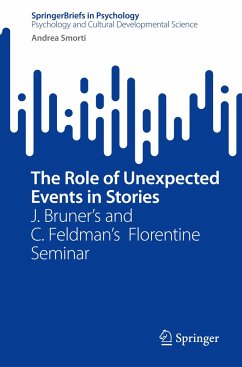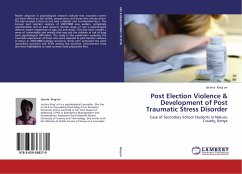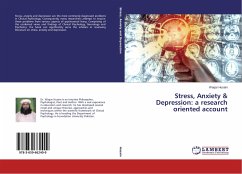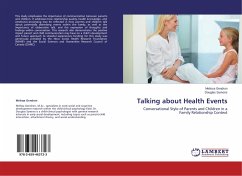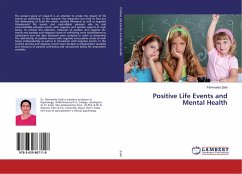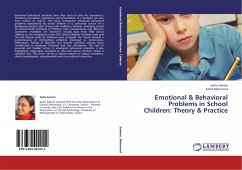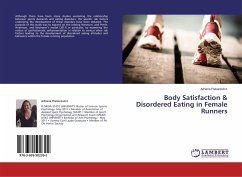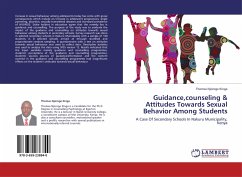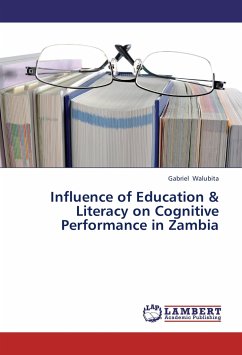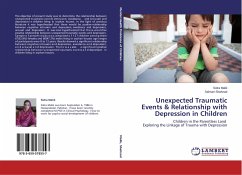
Unexpected Traumatic Events & Relationship with Depression in Children
Children in the Parentless Land Exploring the Linkage of Trauma with Depression
Versandkostenfrei!
Versandfertig in 6-10 Tagen
36,99 €
inkl. MwSt.

PAYBACK Punkte
18 °P sammeln!
The objective of present study was to determine the relationship between unexpected traumatic events (Intrusion, Avoidance, and Arousal) and depression in children living in orphan houses. In the light of previous literature it was hypothesized that there would be positive relationship between cognitive intrusion and depression, avoidance and depression, arousal and depression. It was also hypothesized that there would be positive relationship between unexpected traumatic events and depression. Sample of present study was comprised of 127 children among them 67(52.8%) females and 60(47.2%) mal...
The objective of present study was to determine the relationship between unexpected traumatic events (Intrusion, Avoidance, and Arousal) and depression in children living in orphan houses. In the light of previous literature it was hypothesized that there would be positive relationship between cognitive intrusion and depression, avoidance and depression, arousal and depression. It was also hypothesized that there would be positive relationship between unexpected traumatic events and depression. Sample of present study was comprised of 127 children among them 67(52.8%) females and 60(47.2%) males living in orphan houses age ranges of participants were 8 to 12 years. Results showed a significant relationship between cognitive intrusion and depression, avoidance and depression, and arousal and depression. There was also a significant positive relationship between unexpected traumatic events and depression in children living in orphan houses.



